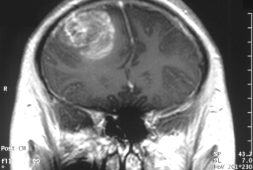11. Very Keen Interest in Certain Subjects or Activities

Clinicians have traditionally referred to them as circumscribed interests, and they fall under the category of autism diagnostic criteria known as “restricted, repetitive patterns of behavior, interests, or activities,” which also includes movements like hand-flapping and an insistence on rigid routines. The intensity of particular interests is one of their distinguishing features: they might be so engrossing that they are the only thing the individual wants to do or talk about. These hobbies are quite frequent among autistic persons, with 75 to 95 percent having them. An interest can include things like collecting postcards or dolls, listening to or playing music in a recurrent manner, or focusing extensively on a certain issue, such as insects fighting. Special-interest themes such as trains, gardening, or animals are popular, but persons on the spectrum may be drawn to more unusual fascinations such as toilet brushes, tsunamis, or office supplies. Whatever the topic, interests can take over family life, and children can throw temper tantrums when their parents try to redirect them. In a 2000 research, the sister of one autistic man stated that his interest in maps “swallow[s] up everything, all the time.” We can’t talk about anything else.” Teachers and therapists frequently discourage extracurricular activities because they believe they distract from schoolwork and make it difficult to fit in with peers. However, research over the last 15 years has revealed what many people with autism have long suspected: that specific interests are valuable to people on the spectrum. In addition to occasionally establishing a career, they consistently assist people improve self-confidence and manage emotions. According to research, they can also assist autistic children in learning and in developing social skills. This research is also altering the scientific understanding of what constitutes special interests. Experts used to think of them as an avoidance activity, something autistic people used to cope with negative emotions like fear. However, studies are increasingly revealing that these interests are intrinsically fulfilling. “There’s been a lot of negative rhetoric used surrounding unique interests, such as ‘inflexible’ and ‘obsessions,'” says psychologist Rachel Grove, a research fellow at Australia’s University of Technology Sydney. “The actual paradigm change is seeing special interests in a more positive light.”



